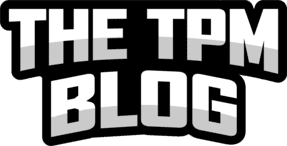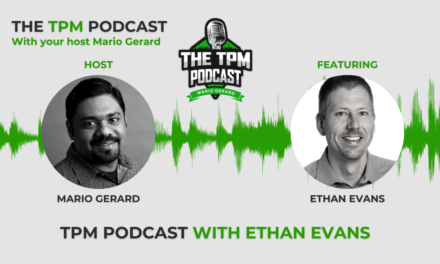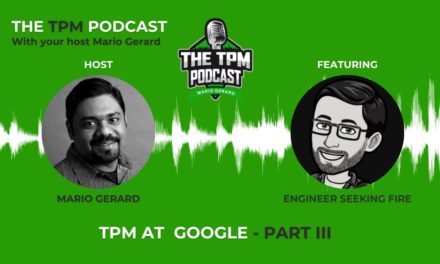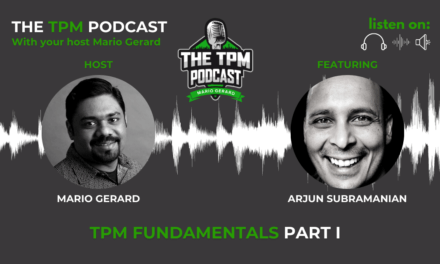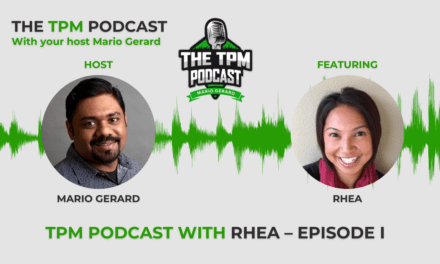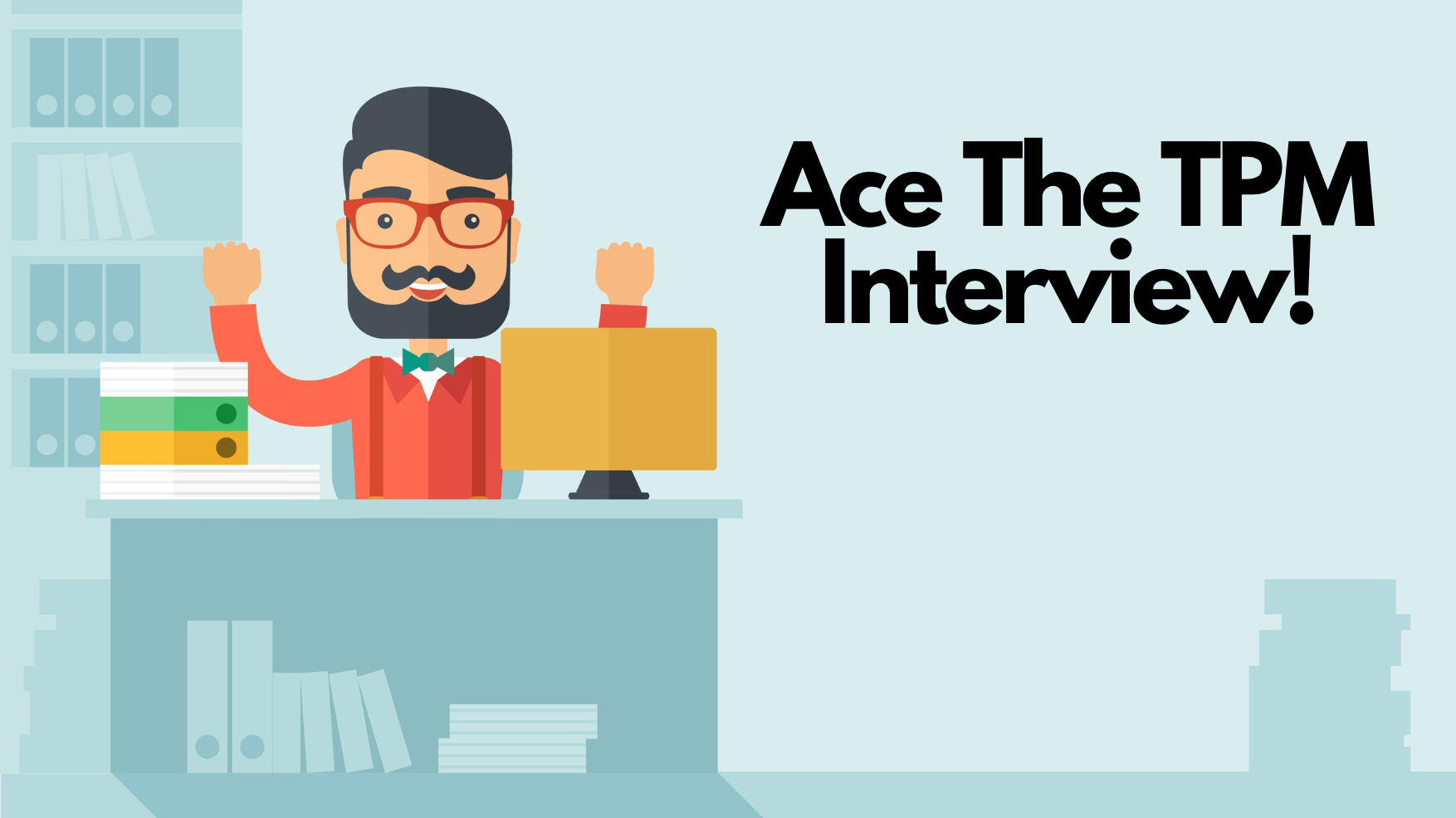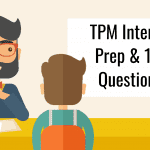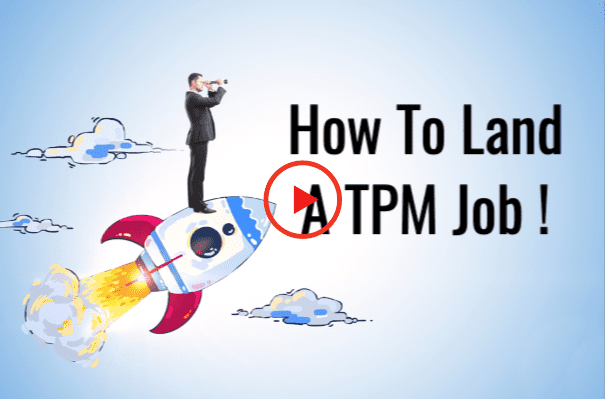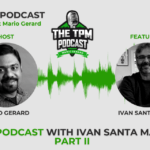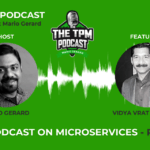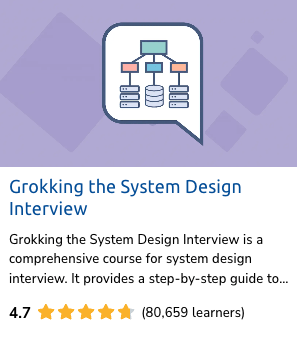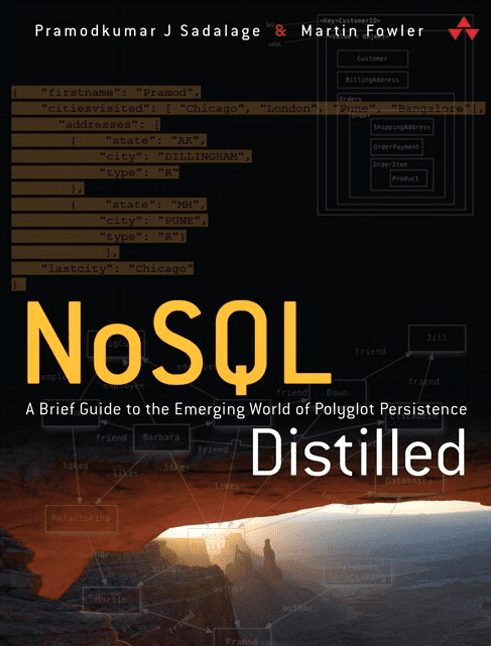Last updated on October 5th, 2024 at 01:07 pm
TPM 101 – The Technical Program Management Podcast with Mario Gerard
Rough Excerpt –
Hello and welcome to “The Technical Program Manager Podcast with your host Mario Gerard” in this podcast we are going to talk
- Understanding and defining the TPM role.
- Similarities, the Difference between project management vs Program Management
- Talk about the T in TPM
- The roles and responsibilities of a TPM
- The different types of TPMs
Let’s start with defining what a TPM means – For experienced TPMs ..to reaffirm what you already know and for people looking IT Project Management or QA but want to move in as a TPM.
I believe TPM was initially started by Amazon. They have actually experimented with a whole slew of roles over the years like TPPM – technical Program & Product Manager, PPM – program and product manager, Now most tech companies actively hire TPMs in almost all their teams.. The TPM role itself if fairly new though its gaining popularity in the industry 5 to 7 years old. The newest role actually is the PMT Product Manager Technical, Primarily for orgs like AWS. Where the product manager is fairly technical and can drive the technical roadmap of the product like compute or something newer like SQS (Simple Queueing Service)
To clarify – the word manager in it, it is an individual contributor role. Tpm’s dont have a team of developers reporting to them but generally have a team of engineers they work with.
Let’s start with “Program Management” and leave the T for the time being.
-
- Understand the difference between Project Management and Program management
- A project is a temporary endeavor.
- Again I’m talking about traditional Project management.
-
-
- 5 – Phases – initiation / definition, Planning, execution, control, closure.
- Its has tasks dates and milestones..
- Talk more on project management – ERP, System implementation, more in the IT side of.
- work breakdown structure making timelines milestones and Integration, scope, time cost, quality, HR, budget, dependencies on other tasks, risk management.
- Typically for a waterfall type of project you definitely and know your end goal. Its crystal clear. You plan your timelines and budget accordingly.
- You do not deviate from your plan. And deviations are dealt with a CAB Meeting (What is a CAB Meeting ). Analysing the request itself and its impact on the project as a whole.
- You typically see that waterfall style project management is great of fixed outcomes. Building a bridge, building something that is not a vague or nebulous idea. ERP – You have all the requirements ahead of time or building a medical device that has a lot of regulations in place.
- Knowing you are communicating effectively stakeholders
- You also have Agile Software management – WIth Kanban or Scrum. The most effective use of agile methodologies is for building a PRODUCTs by product companies, i.e building a software product.
- Scrum is used for feature work in general.
- You break down your stories,
- Prioritize your backlog, Start your sprint planning. Lock it with the items the team is setting out to achieve and then close your sprint with a retrospective.
- Kanban on the other hand – is used more often when you have a team dealing with tickets that need a quick turn around.
- Normally its first come, first serve or picked up by priority.
- Effectiveness and efficiency is measured by using lead time and cycle time.
- Explain the above.
-
- Program
-
- A collection of projects that when done together give you a more impactful outcome.
- Normally found in core tech companies.
- Netflix – launching social – this would be a program or Programs could be small or big that yield a higher impact
- The projects – team 1 – profiles, 2 – photos, reviews ratings
- Think about launching a device like echo – there are over a 50 teams working on anything from – Account management & activating the device, capturing the voice, doing the natural language processing, querying for the result and returning the data, there are teams working on the various pieces of the hardware – the design, wifi, the speakers, power, Partners building skills on alexa.
- Then you have the marketing team, you have the finance team, you have the PR, Legal teams, partners, who are building alexa skills.
- So in such cases you have uber or principal Program Manager who owns a big slice of a particular product and then you have TPMs or PM who own the smaller pieces.
- Each of the smaller pieces are as important and as impactful for the whole product to deliver the great experience for the end user. If one thing does not meet the bar then it could make the entire product fail.
- So that should give you a an idea of what Program management is. – Its a collection of smaller projects that is carried out to achieve a singular goal.
- Coming back to the T – T technical part.
- what this means is that the program manager is technically sound and able to understand the technical system design and architecture to have conversations with the with the respective project teams.
- It is expected that Technical Program manager have a vast breadth of knowledge. And this is because as a TPM you most often interact with Various technical teams across the board, they could be the networking team, the Security, compliance teams, Front , end, back end.
- A Technical Program Manager is expected to know in through detail the technical design, the APIs, and all the technical details of his team and needs to have the understanding of how all the adjoining teams work.
A top tier TPM would be familiar with all the tools we just spoke about – Pure traditional Project Management, Agile methodologies, Large scale Cross team or multi team Program Management & Technical know how with excellent system design. Yes, it sometimes seems daunting but it is what it is.. That’s what it takes to be a top notch TPM.
I hope I’ve been clear and help you understand the difference between project management program management and Technical program management.
There are many types of TPMs .. this is however not an exhaustive list. But can be used as a baseline to align your interests.
- Types of tech Program Managers
- Front End: Web, iOS, Android. – Depending on the size of your company you might have one TPM handling each operating system individually. Working with Designers, User Experience teams, the Information Architecture team, User Research, and work with the backend API TPMs. It is probably on of the most interesting Roles to be in as you get to build and see customers using the products you build. Feedback is quick, and is kinda a very fulfilling job.
- Backend: API, SDK – Platform. – Depending on the size of you company
- Signup and auth
- Several doing the core features depending on the size of your company.
- Ingestion or media or ingestion of products
- Recomendation engine
- Encription
- Search
- Pricing
- Integration: PM who works with 3rd parties to integrate their APIs. These TPMs own or work with a 3rd party SDK’s, samsung
- Business Intelligence: Big data, Hadoop, mapreduce, Machine learning, AI, etc. – fraud detection, Recommendation, Predictive text, Search
- ERP: Implementing Oracle EBS, SAP, SalesForce, Microsoft Dynamics, etc.
- Localization: To take existing products / services to international markets. Amz in 10 countries. Need to know 2 languages. Need to understand sutilities.
- Hardware : Chip Manufacturing. VMWare, Nvidia, Intel, etc — -Non limited to + All companies building out the cloud. Also think about all the iot devices echo, nest, kindle all need hardware, software tpm’s
- Firmware TPMs –
- Data Center: With all the cloud stuff happening, there is a dearth for datacenter PMs.
- Process : Lean, Six Sigma, Process optimization, Scrum/Agile Coach, PMO.
- Launch /Release PMs – Coordinating with 10 or 20 other PMs to get a Program to a launch. Kindle , echo, New products.
- Security: Managing Risk, Governance, Compliance.
- Operations: Stability, Scalability, Monitoring, Disaster Recovery, System Health.
- UX/UI: Specialize in managing large UX teams to have a consistent story and feel within the product.
- Cloud TPM – Architects. Understanding the cloud. Help organizations move their existing infrastructure on to the cloud.
